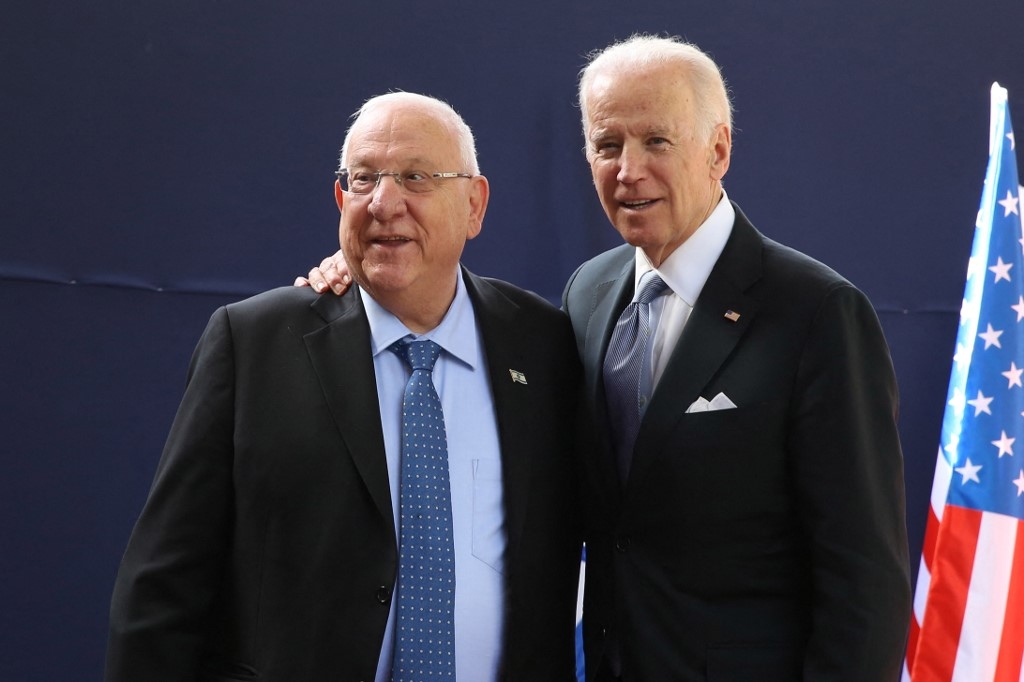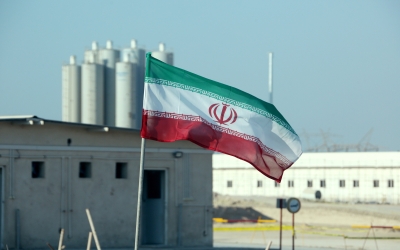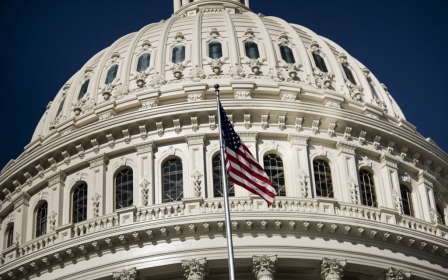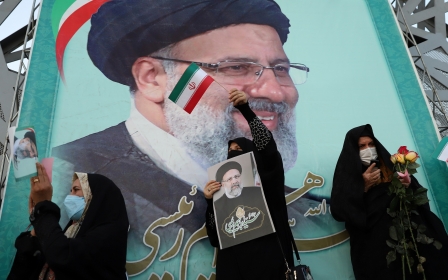Biden and Rivlin set to discuss Iran, Israel's defence needs

US President Joe Biden will meet Israel's outgoing president, Reuven Rivlin, at the White House on Monday for a broad discussion about US efforts to re-enter the Iran nuclear deal and Israel's formation of a new government.
The meeting will take place just weeks after Naftali Bennett took over as Israel's new prime minister, replacing Benjamin Netanyahu. US officials are working on setting up a meeting between Biden and Bennett in the coming weeks, Reuters reported.
Biden's meeting with Rivlin comes amid concerns in Israel and Arab capitals about US efforts to re-enter the Iran nuclear deal amid fears a resumption of the accord may eventually allow Tehran to acquire atomic weapons, although the deal is designed to curtail Iran's nuclear enrichment.
US attempts to revive the Iran nuclear deal, after then-President Donald Trump abandoned it in 2018, have been slow to make progress, with Tehran insisting the United States lifts all economic sanctions.
A source familiar with the Biden-Rivlin meeting said that Biden was expected to tell Rivlin that the United States and Israel share the same objective, that Iran not be allowed to develop a nuclear weapon, and that Biden would stress US support for Israel's so-called right to defend itself.
The two leaders are also expected to discuss Israel's 11-day war with Gaza. The United States has pledged to resupply Israel's Iron Dome defence system, which got heavy usage during the Gaza conflict.
Rivlin is to leave office on 7 July after a seven-year term, with Jewish Agency chairman and Labor politician Isaac Herzog taking over as Israeli president.
Rivlin is on his final foreign trip as president. He will meet officials at the United Nations in New York and congressional lawmakers in Washington.
Fix 'the mistakes made'
In Rome on Saturday, Israel's new foreign minister, Yair Lapid, pledged to his American counterpart, US Secretary of State Antony Blinken, to fix "the mistakes made" in US-Israeli relations in recent years.
In their first face-to-face meeting since Israel's new government was sworn in two weeks ago, Blinken and Lapid had a very positive and warm discussion, according to US officials.
The main topics were the nuclear deal and Israel's normalisation accords with Gulf Arab states, as well as humanitarian aid to Gaza and the status of East Jerusalem, a topic that helped fuel the latest wave of violence between the Israelis and Palestinians in May.
"Israel has some serious reservations about the Iran nuclear deal that is being put together in Vienna. We believe the way to discuss those disagreements is through direct and professional conversations, not in press conferences," Lapid said in brief remarks ahead of the meeting in Rome.
'Israel has some serious reservations about the Iran nuclear deal that is being put together in Vienna'
- Yair Lapid, Israel's foreign minister
Blinken also reiterated to Lapid Washington's concerns over Israeli attempts to evict several Palestinian families in East Jerusalem, and the status of the city's al-Aqsa Mosque, Islam's third holiest site, during the Muslim holy month of Ramadan, US officials said.
Blinken also conveyed to Lapid the necessity of getting humanitarian assistance into Gaza, where 250 Palestinians were killed and scores of buildings destroyed last month by Israeli air strikes.
Biden has worked to repair ties with the Palestinians and abandon what they said was the one-sided US policy towards the conflict. His administration has pledged to resume hundreds of millions of dollars in economic and humanitarian assistance and work toward reopening the Palestinians' diplomatic mission in Washington.
Israel's normalisation agreements with various Arab countries were also discussed. In his opening remarks, Blinken said he hoped more participants would join.
The UAE and Bahrain established ties with Israel last year in US-brokered deals called the Abraham Accords, becoming the first Arab states in more than a quarter of a century to break what had been a long-standing stance in the region.
Lapid, who also met in Rome with Bahrain's foreign minister, Abdullatif Al-Zayani, is due to visit the UAE on Tuesday and Wednesday.
Lapid described the accord as historic and said: "I hope it will be the first of many."
Middle East Eye delivers independent and unrivalled coverage and analysis of the Middle East, North Africa and beyond. To learn more about republishing this content and the associated fees, please fill out this form. More about MEE can be found here.





